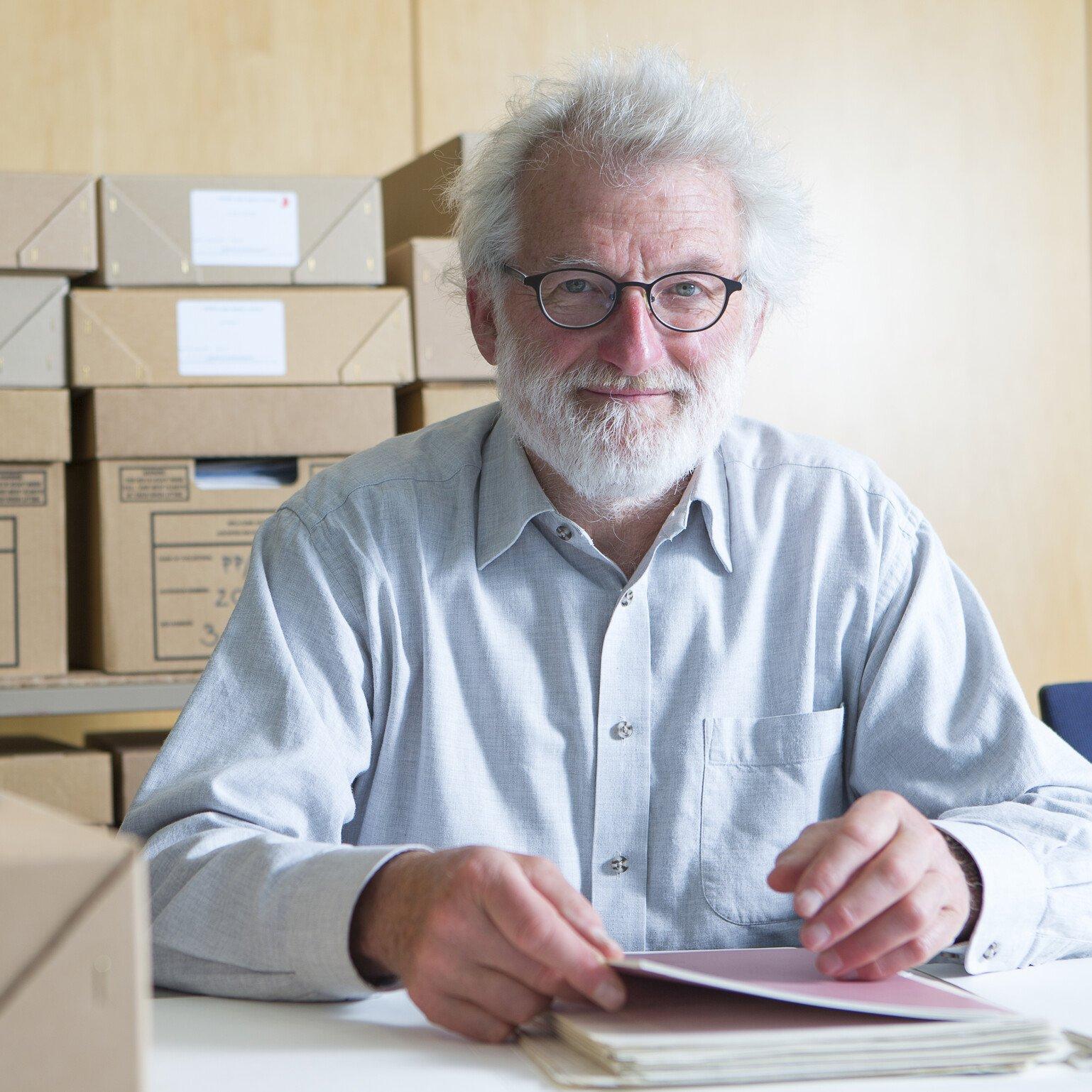Sir John Sulston (1942-2018)
We were deeply saddened to hear about the death of Sir John Sulston this week. John was an outstanding figure in UK biological and medical science and in Wellcome’s history.

For his remarkable work on the development of cells within the nematode worm C. elegans, he was rightfully recognised with the Nobel Prize in 2002.
But it was his leadership of the UK’s contribution to the Human Genome Project that was fundamental not only to the success of the project but also to the sequence being made freely available for all to use.
John’s close relationship with Wellcome began in the early 1990s when he was awarded the Trust’s biggest grant up to that point – £46.5m – to establish a genome sequencing centre at Hinxton near Cambridge. Over the next decade, he developed the Wellcome Trust Sanger Institute into one of the world’s leading centres for genome science.
John was adamant that the human DNA code should be released into the public domain so that other researchers could study and use it. This principle was adopted at a meeting of funding agencies in Bermuda in 1996, and two years later John led the acceleration of the project – with funding from Wellcome to deliver one-third of the genome – to ensure that private interests did not threaten this accessibility.
The completion of the human genome in 2003 (a draft having been published in 2001) was a triumph for John, his team at the Wellcome Trust Sanger Institute, and the global community of researchers who worked on the project.
Eliza Manningham-Buller, Chair of Wellcome, said: "I am deeply saddened to hear of John’s death. His contribution to genetics was unparalleled and in setting up the Wellcome Sanger Institute he changed the course of genomics research. It was an honour to know him and sympathies go to his family."
Jeremy Farrar, Director of Wellcome, said: "John was a brilliant scientist and a wonderful, kind and principled man. His leadership was critical to the establishment of the Wellcome Sanger Institute and the Human Genome Project, one of the most important scientific endeavours of the past century.
"His dedication to free access to scientific information was the basis of the open access movement, and helped ensure that the reference human genome sequence was published openly for the benefit of all humanity. It’s just one of the ways that John’s approach set the standard for researchers everywhere."